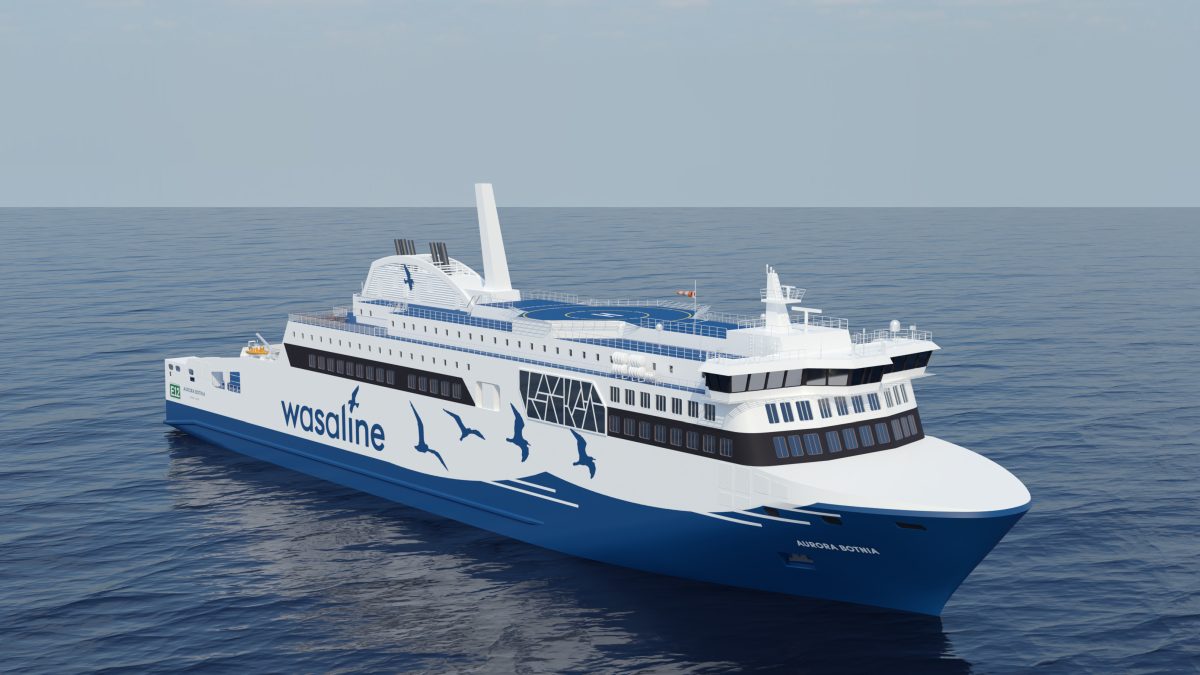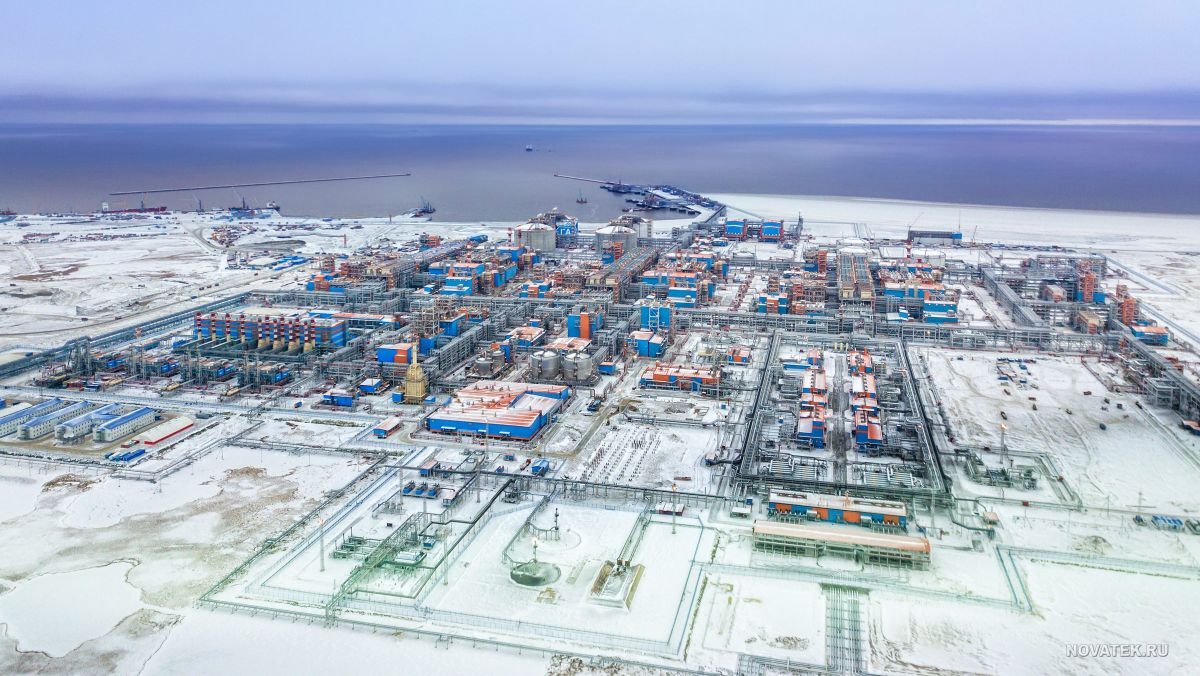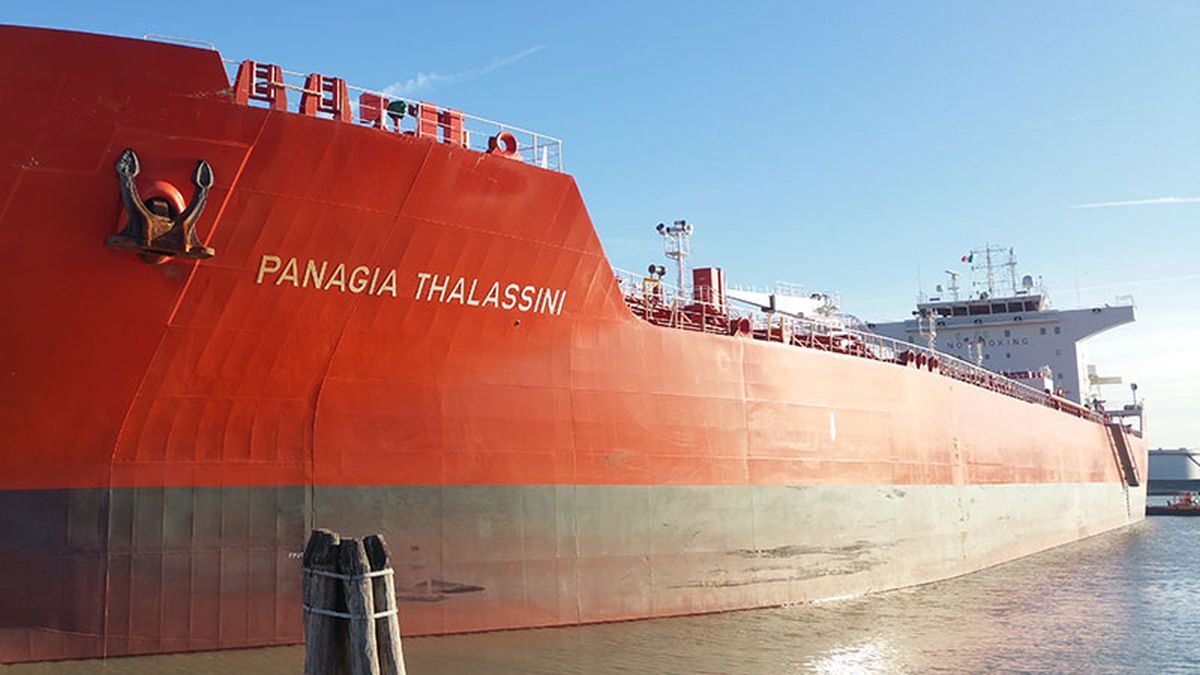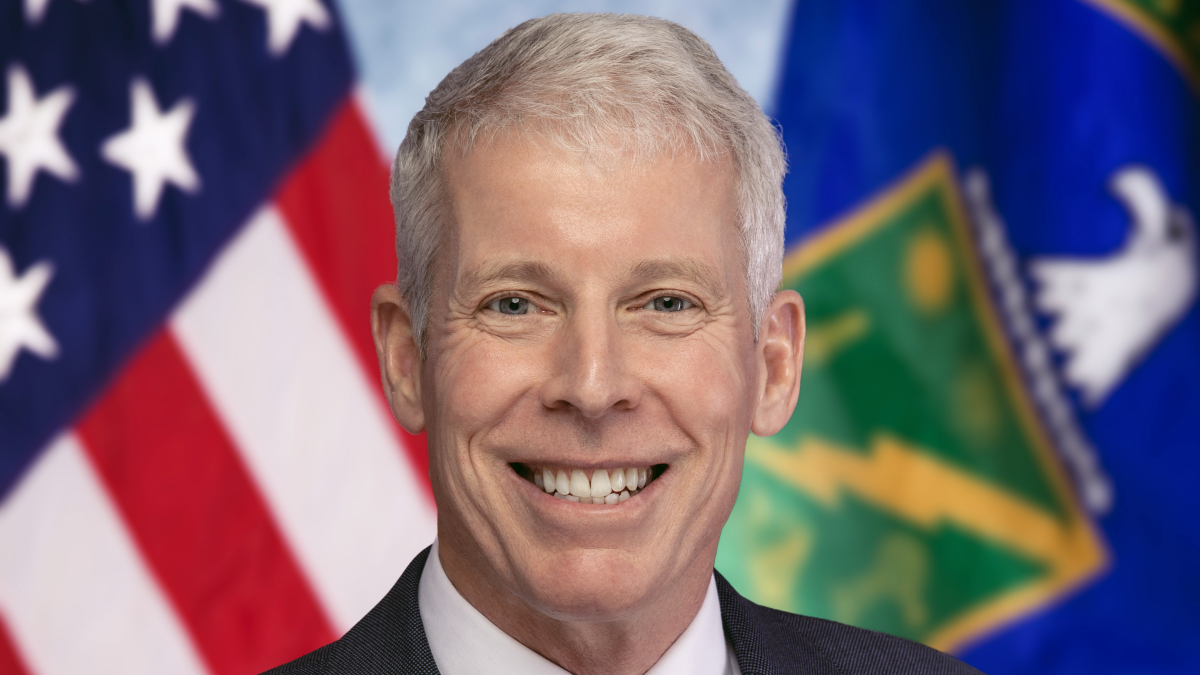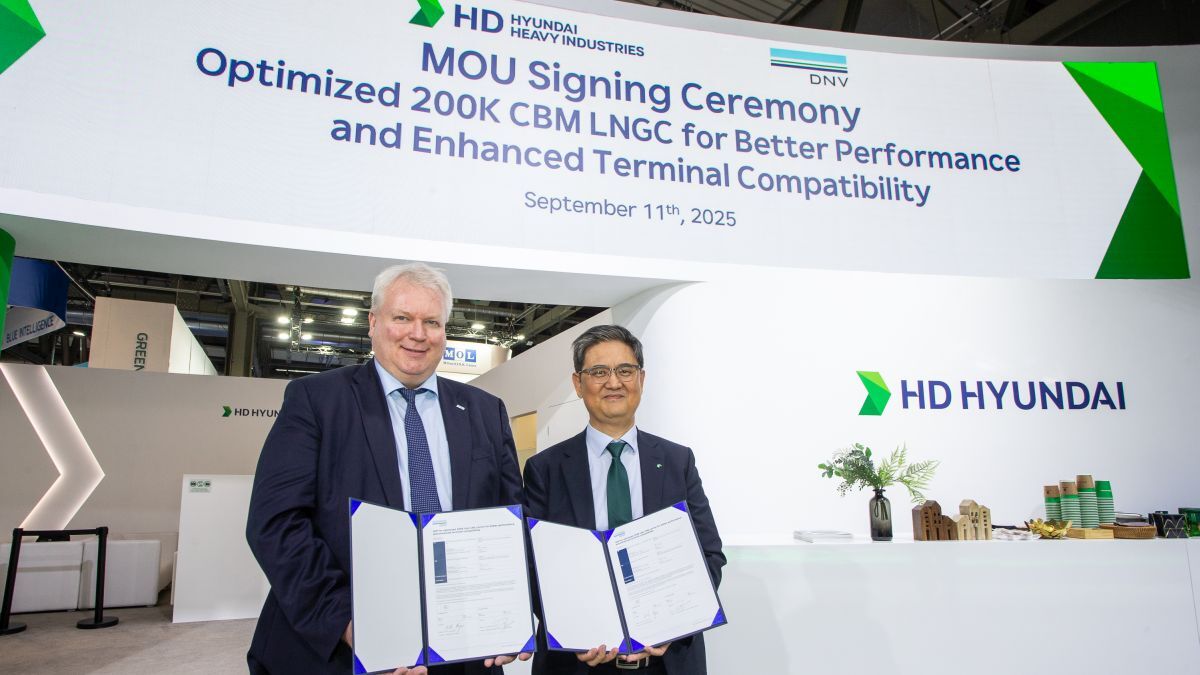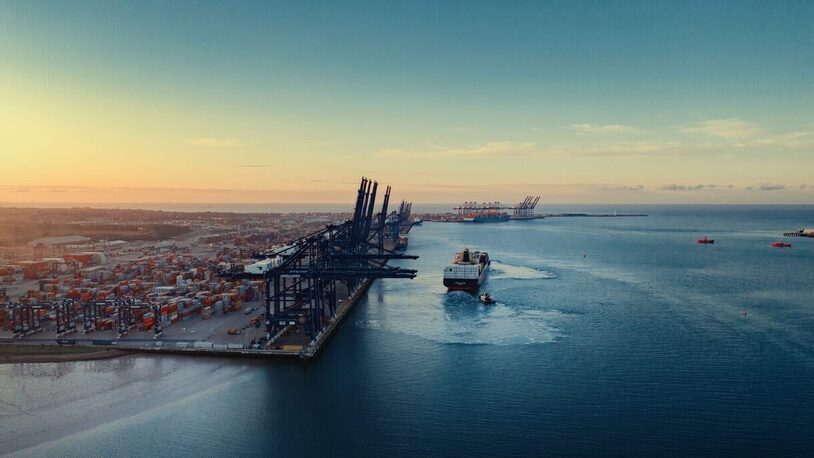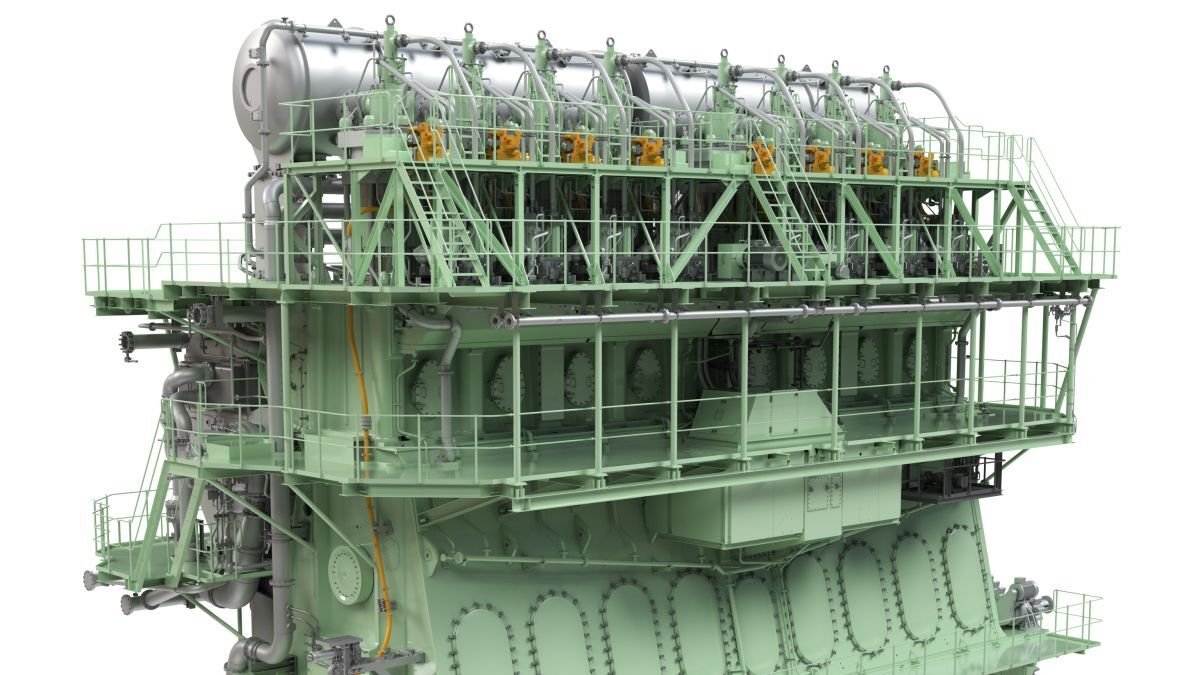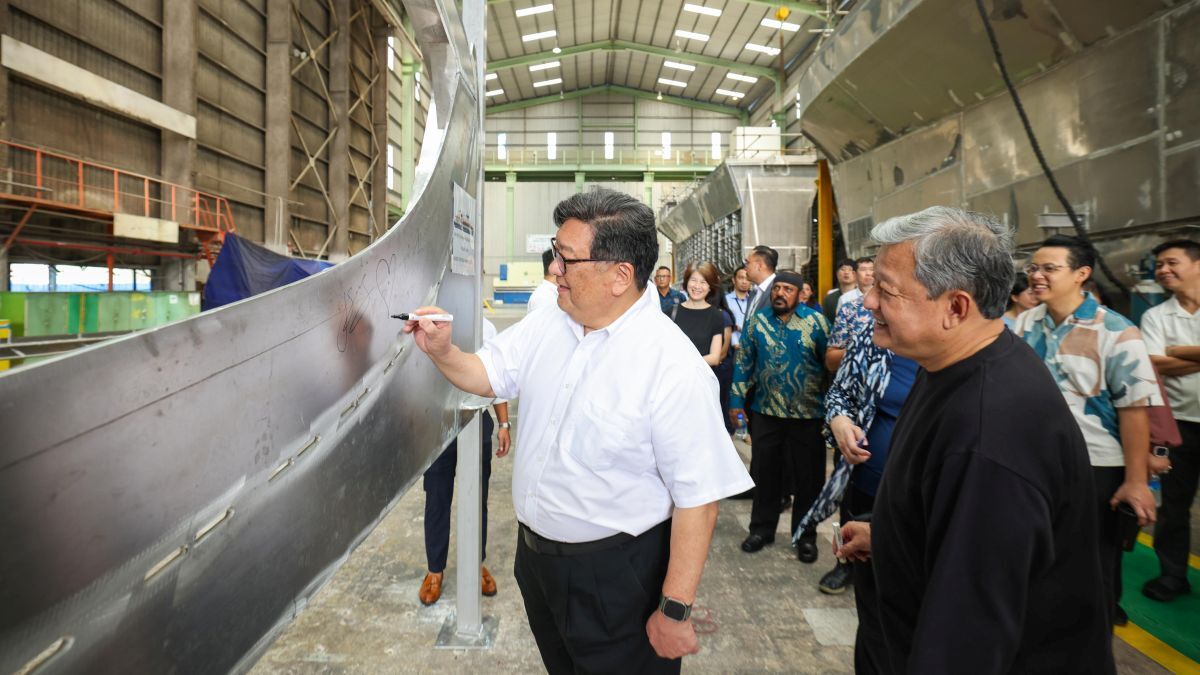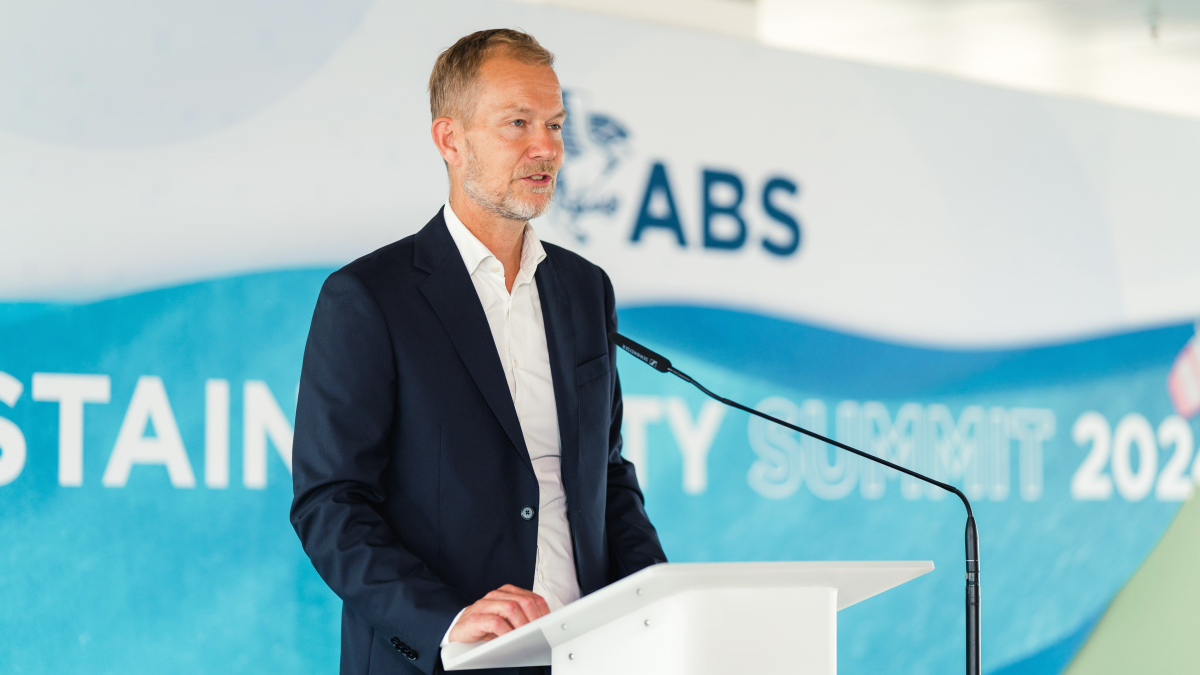Business Sectors
Contents
Register to read more articles.
Wasaline claims carbon neutrality, first 'international green corridor in operation'
A triparty deal will see Wasaline use certified sustainable biogas in the daily operation of Aurora Botnia to reach carbon neutrality
Wasaline said a climate goal of being carbon neutral that the company had initially set for 2030 has now been achieved.
Wasaline director of communications and sustainability Catarina Fant told Riviera that the company has been running its ferry Aurora Botnia on sustainably produced biogas "for a couple of weeks now".
"Our plan was to be completely carbon neutral by 2030, but we’ve reached it today, instead," she said.
Biogas and biomethane are renewable gases produced from organic matter, such as agricultural and food waste.
In addition to the sustainable biogas, which comes from major Nordics-focused energy supplier Gasum and the use of biodiesel as pilot fuel for Aurora Botnia’s engines, Ms Fant cited the use of ’green electricity’ for shore power connections in harbours on both sides of the ferry’s international route across the Kvarken Strait in the calculation of carbon neutrality for the hybrid ferry.
Run daily, the ferry route is the northernmost year-round ferry crossing in the world, and the route, between Vaasa, Finland, and Umeå, Sweden, cuts across a Unesco world natural heritage site with waters rich in wildlife.
Biogas, battery extension and pooling with Stena
The deal that has suddenly allowed Wasaline to claim carbon-neutral operations of its ferry and the first fully operational international green corridor route in shipping is a three-way co-operation between Wasaline, major European ferry operator Stena Line, along with biofuel provider Gasum.
For carbon neutrality, Gasum is enabling the use of certified biogas in the daily operation of Aurora Botnia, which is already equipped with batteries, and for which Wasaline has announced an upcoming project to extend the vessel’s battery capacity of 10.4 MWh.
Ms Fant said the battery extension project on the approximately three-year-old vessel is slated for the vessel’s next drydocking, sometime late in 2025 or early 2026. After the conversion to add battery capacity, a four-party collaboration with AYK Energy, Foreship and Wärtsilä, Aurora Botnia will have the biggest battery capacity on a ropax, said Wasaline, with a total of 12.6 MWh.
And Stena Line’s participation, and the scale of its operations, is key to Wasaline being able to access biofuel, which is produced in limited quantities and of interest to multiple sectors as the push to decarbonise operations intensifies, globally, in response to climate change.
"The engines can be run on different fuels, and biofuel is a drop-in fuel, but the problem is that it has been so expensive," Ms Fant said.
So while Wasaline has built flexibility into its operations with hybrid propulsion, cost was a prohibitive factor for using sustainable biofuel until the line partnered with Stena. The incentive for Stena is that, by including Wasaline’s sustainable biogas and battery-operated ferry in its operational pool for accounting purposes with the EU’s FuelEU Maritime emissions regulations, its overall carbon footprint is lowered, a saving for the line on regulatory fees.
“By integrating Aurora Botnia into Stena Line’s FuelEU Maritime pool, we gain access to biogas previously unavailable for Stena Line, which enables further emissions reductions for the entire pool, lowers fuel costs and strengthens our strategic position as biofuels become increasingly scarce under more stringent regulations”, said Stena Line chief executive Niclas Mårtensson.
Ms Fant confirmed that the biogas supply deal with Gasum was solid for 12 months.
"We have an agreement until next summer. They have confirmed availability for us [until then]," she said. When asked if scarcity and competition could create a scenario where Wasaline are outcompeted for sustainable biofuel, Ms Fant was unconcerned.
"I don’t think so. We are in constant discussions with them [Gasum] and our relationship has been good," she said, noting the initiative has been popular with the line’s customer base, as well.
"We have been using biofuel for a while – we have done biofuel Fridays last summer, and those were very popular," she said.
First active international green corridor?
Wasaline and class society DNV said the new agreement also makes the Vaasa-Umeå route between Finland and Sweden the first international green shipping corridor that is actively in operation, following support from the DNV-led Nordic Roadmap.
Whether Wasaline’s international green corridor is fully implemented seems unclear. Borne out of the Clydebank Declaration at the United Nations COP26 climate summit in 2021, the green corridors projects’ committed signatories, initially a coalition of 20 highly developed countries, to a voluntary framework that envisioned at least a half dozen routes in operation by the mid-2020s on which zero-emissions vessels sailed.
Signatories were charged with non-specific goals such as "facilitating partnerships to establish green corridors" and "taking steps with relevant willing ports, operator(s) and others along the value chain to decarbonise".
The non-profit maritime decarbonisation facilitator Global Maritime Forum (GMF) produces an annual report on shipping’s green corridor projects and listed Wasaline’s trials of zero-emissions voyages on the ferry corridor among its list of "commercial and piloting action adjacent to the [green corridor] initiatives" in 2024, but did not include the project among the six “advanced initiatives” that had completed feasibility studies, cost assessments, and "established workstreams tackling specific barriers to realisation".
Putting the pieces in place for shipping’s fully operational green corridor has had assistance from Norway-headquartered classification society DNV. Riviera reached out to DNV for more information on the process, but had not received a reply by time of publication.
The trio of companies released a statement including a quote from DNV segment director roro and ferries Vegar Rype, saying “At DNV, we have been actively collaborating with partners, through the Nordic Roadmap, to launch green shipping corridors and we are very pleased to see the Vaasa-Umeå route, operated by Wasaline, recognised as the first international green shipping corridor in operation. This milestone directly supports the ambitions of both the Clydebank Declaration and the Ministerial Declaration on zero-emissions shipping routes between the Nordic countries.”
--Rebecca Moore contributed to this story
Riviera’s Maritime Decarbonisation Conference, Europe will be held in Amsterdam Schipol Airport, 30 September to 1 October 2025. Click here to register your interest in this industry-leading event.
Related to this Story
Events
Maritime Decarbonisation, Europe: Conference, Awards & Exhibition 2025
Offshore Support Journal Conference, Americas 2025
LNG Shipping & Terminals Conference 2025
© 2024 Riviera Maritime Media Ltd.


